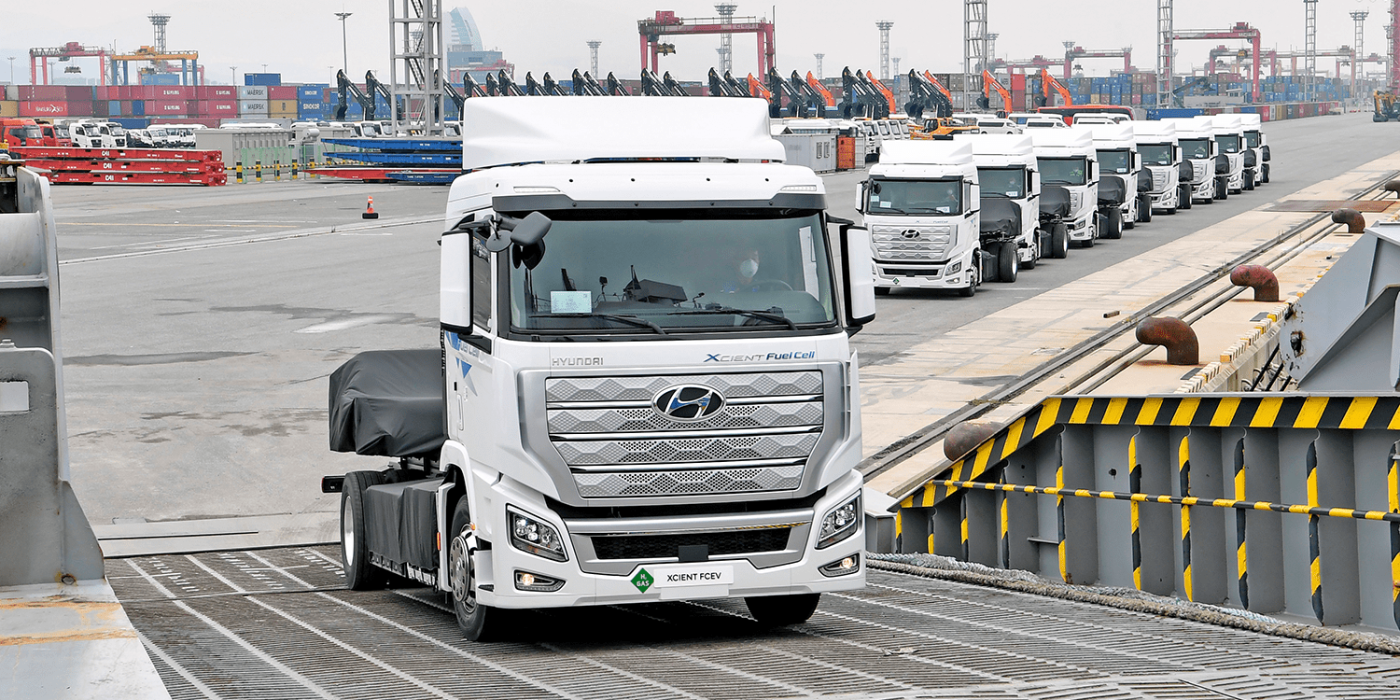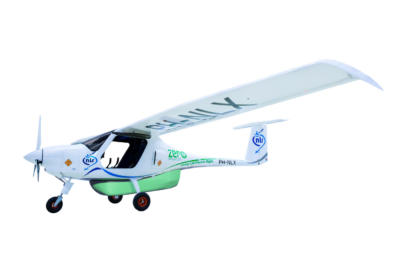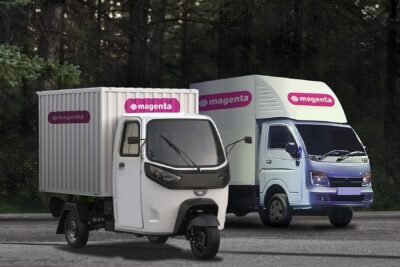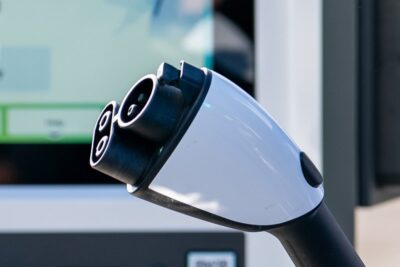Hyundai to bring H2 trucks to US markets in 2022
Hyundai has announced plans to sell hydrogen fuel cell-powered trucks in the United States by 2022. The Korean company has confirmed its focus on H2 fuel cell for commercial vehicles, aiming to increase global FCEV sales yearly to 500,000 units in 2030.
In a briefing for stock analysts on 15 September, Hyundai revealed the current status of its technology development and business plans concerning hydrogen commercial vehicles. Hyundai is following a two-track strategy of going for battery-electric technology for passenger cars, and utilising hydrogen fuel cell technology for large commercial vehicles. The aim is to ramp up its annual hydrogen vehicle production from 11,000 units in 2020 to 40,000 units in 2022, 130,000 units in 2025, and 500,000 units in 2030.
The US rollout of fuel cell trucks will begin with an initial pilot program in California in 2021. This comes at a good time since California has just led with the Advanced Clean Trucks act – legislation that requires manufacturers to sell an ever-increasing proportion of low and zero-emission trucks, vans and pickup trucks. Other states who have voluntarily adopted California’s other emission-reducing schemes are expected to follow – which makes the market ripe for Hyundai.
Hyundai has been preparing well for the inevitable decarbonisation of the commercial vehicle sector globally. The US rollout will add to Hyundai’s current hydrogen-truck operations in Switzerland, where the first 10 of the Xcient Fuel Cell Trucks were recently shipped. After an extensive pilot program, a total of 1,600 of the H2 trucks are planned for the Swiss market by 2025.
The announcement from Hyundai this week that it will be entering the US market next year comes at a time when its only other competitor, the US startup Nikola is currently being accused of fraud, albeit from a known short-seller of Nikola stocks, giving little credibility to the accusations. At the same time, Nikola just signed a deal with carmaking giant General Motors to manufacture both their battery-electric and hydrogen fuel cell trucks in the US.
A lot seems to be happening on the fuel cell truck front this week. Daimler Trucks presented its fuel cell strategy for larger commercial vehicles, sensationally announcing that it is working on a fuel-cell truck that should have a 1000km range. However, Daimler Trucks and Buses have definitely missed the cue here – although the German vehicle-making giant has had prototypes for fuel cell commercial vehicles for more than a decade, it won’t manage to get a fuel cell truck on the market until the “second half of this decade,” leaving Hyundai and Nikola with very little competition.
All of this makes for fertile ground for Hyundai’s fuel cell ambitions. Hydrogen fuel cell technology, with its greater energy density, is now generally accepted as being a more viable option for heavy-duty, long haul vehicles, not to mention the diversification of raw materials since hydrogen fuel cell does not require either lithium or cobalt. While hydrogen cars would require yet another extensive refuelling infrastructure, fuel cell commercial vehicles pose interesting advantages in this regard.
Firstly, that fuel cells can be refuelled within minutes, meaning commercial vehicle drivers don’t lose time on their routes, and secondly because commercial vehicle companies can plan refuelling infrastructure entirely purposed for commercial vehicle routes without having to cater to the general public.
In this sense, Hyundai was quite specific about its strategy: Hyundai plans to sell the trucks to large clients that operate fleets of between 3,000 to 5,000 trucks— specifically to reduce the burden to Hyundai of building charging infrastructure.





0 Comments